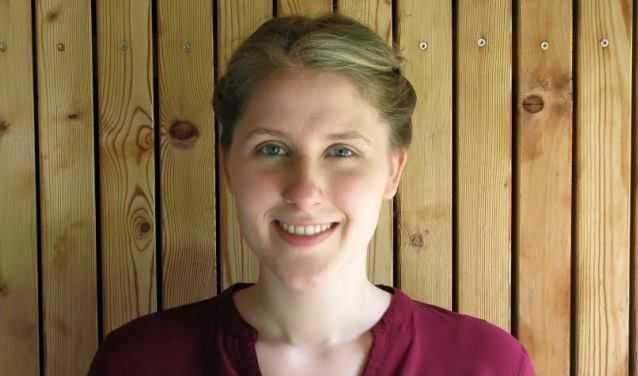Home>“I simply wanted to learn as much as I can”

17.07.2015
“I simply wanted to learn as much as I can”
Roxanne Kovacs is a graduate of the Sciences Po Paris School of International Affairs (PSIA). On 2 July 2015, she gave the Valedictorian speech at the 2015 Graduation Ceremony which was held at UNESCO. We interviewed this outstanding, lucky, passionate and optimistic student.
- You completed your secondary studies at the United World College of the Adriatic in Italy and your undergraduate degree at the University of York in England. Why did you choose the Sciences Po Paris School of International Affairs (PSIA) for your graduate studies?
Roxanne Kovacs: I think a number of factors came into play in that decision. One thing I really liked about PSIA was the variety of courses you could choose from. That gave me the possibility to specialise and to tailor my degree to my interests. I also wanted to improve my French skills and learn a new language as part of my studies, which would not have been possible at other universities I applied to. Another factor that was definitely important was that PSIA was financially within my reach because tuition fees are income based for Europeans.
- At the University of York, you earned a B.A. with first class honours and were awarded the Politics, Philosophy and Economics Prize for achieving the highest set of final marks. At Sciences Po, your academic record was just as impressive and you gave the Valedictorian speech for the 2015 Graduation Ceremony. What is it that makes you so involved and passionate about your studies?
R. K.: I have been extremely lucky in many respects. Almost by chance, I found an academic discipline that truly fascinates me -- applied economics. I also had the opportunity to work with excellent professors, who took my ideas seriously and really supported my academic development. Because of all of these factors, many of which were out of my control, I’ve thrived in an academic environment. Given how lucky I have been, I’ve always felt a responsibility to use my education for something good. Throughout my time at University I tried to acquire skills that I could put to use later in life. I simply wanted to learn as much as I can. Doing well academically was only ever a by-product of that desire.
- You have already interned at the OECD working on the South African Economic Survey, in London working on access to water and sanitation, and in South Africa with the Women’s Legal Centre (WLC) in Cape Town. What are your plans for the future? Which field would you like to focus on next?
R. K.: A couple of days ago I accepted an offer from the London School of Hygiene and Tropical Medicine. For the next two years, I am going to work on a Randomised Control Trial that will assess the impact of performance-based financing on health outcomes in Senegal. I see my future very much in applied quantitative research in the development field. I hope to have the chance to work on issues to do with public health, inequality, violence and social policy and to travel as much as I can. At the moment, I am very excited about what the future will bring.
Related link